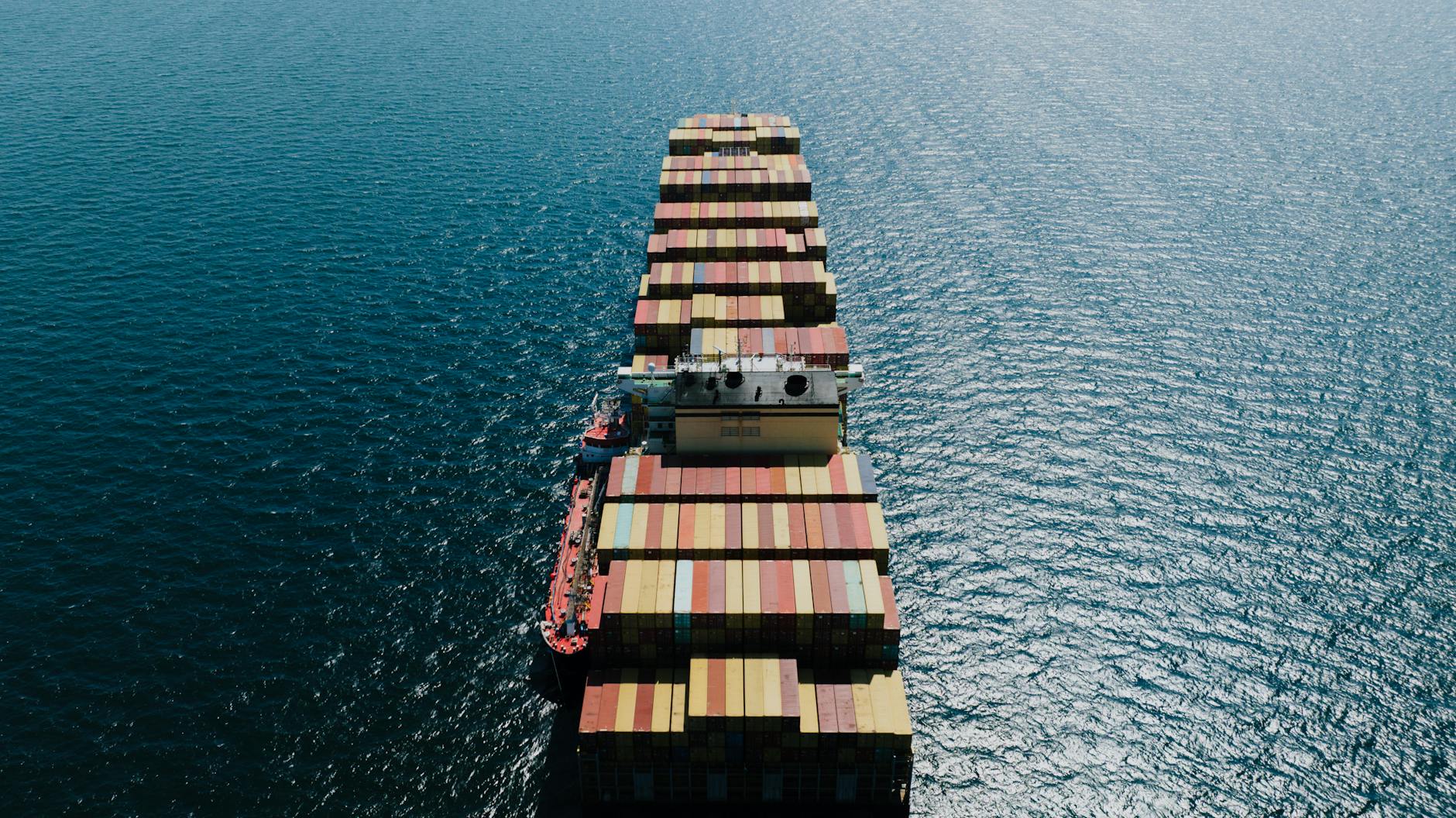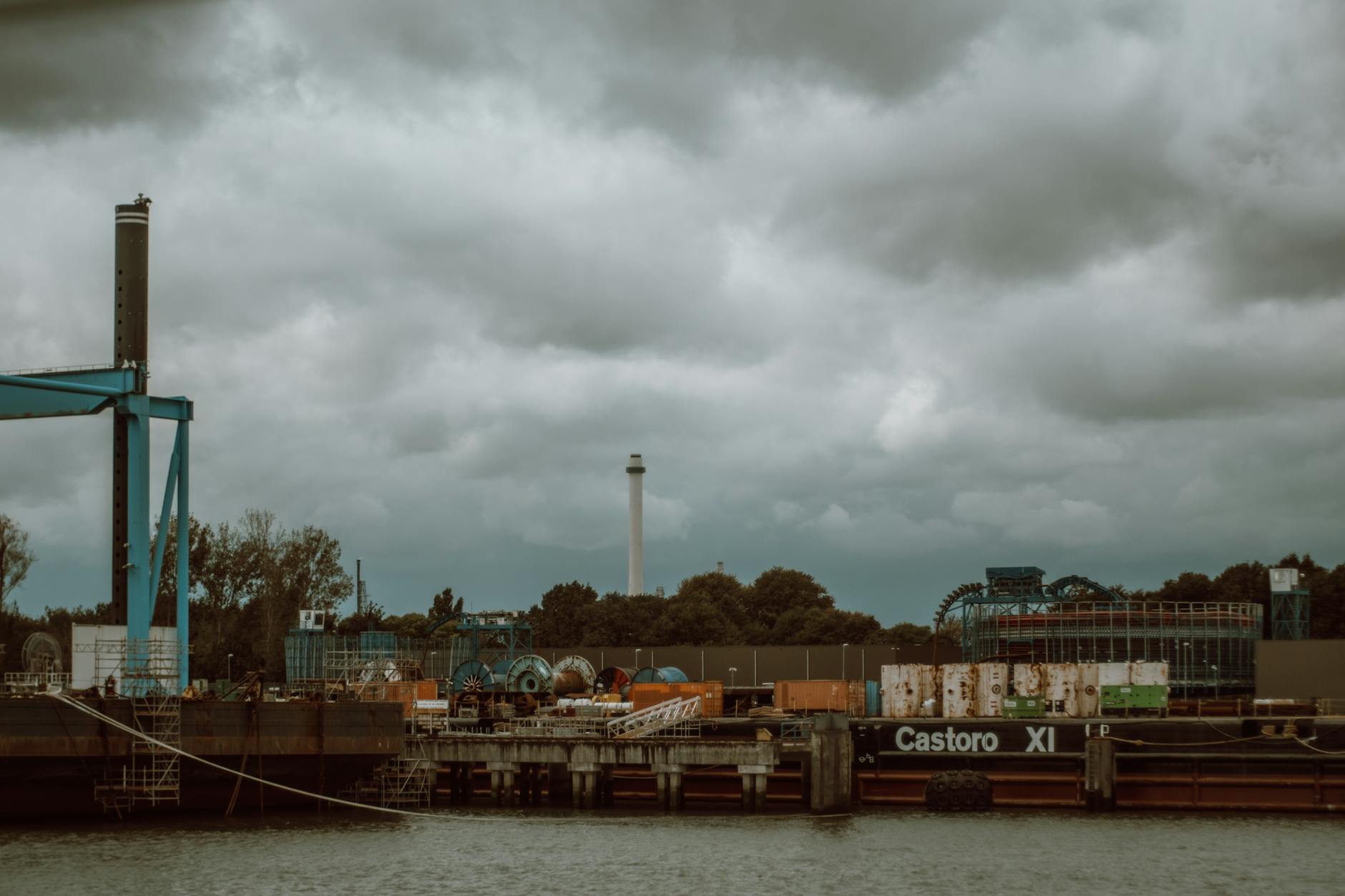- The Birth of Containerization
- Standardization and Intermodal Transport
- The Rise of Container Ships
- Technological Advancements and Automation
- Sustainability and Eco-Friendly Practices
- The Future of Shipping Containers
Shipping Containers: The Evolution of Global Trade
Shipping containers have revolutionized the way goods are transported across the world. From their humble beginnings to their current sophisticated designs, these containers play a crucial role in the global trade industry. Let’s delve into the evolution of shipping containers and how they have transformed the landscape of international commerce.
The Birth of Containerization
In the mid-20th century, the concept of containerization emerged as a solution to streamline the loading and unloading of cargo onto ships. The introduction of standardized shipping containers revolutionized the industry by enabling goods to be easily transferred between different modes of transportation without the need for constant repackaging. This breakthrough dramatically reduced costs, increased efficiency, and paved the way for the globalization of trade.
Standardization and Intermodal Transport
One of the key factors that contributed to the success of shipping containers was standardization. The adoption of uniform sizes and specifications for containers allowed for seamless integration across various transportation modes, including ships, trucks, and trains. This standardization not only simplified the logistics process but also enabled the efficient transfer of goods between different regions of the world.
The Rise of Container Ships
With the widespread adoption of shipping containers, container ships emerged as the preferred mode of transportation for bulk cargo. These specialized vessels are designed to carry thousands of containers in a single voyage, significantly reducing shipping times and costs. The development of container terminals and ports equipped to handle these massive vessels further optimized global supply chains and facilitated the growth of international trade.
Technological Advancements and Automation
In recent years, technological advancements have further enhanced the efficiency and security of shipping container operations. Innovations such as RFID tracking, GPS monitoring, and automated container handling systems have revolutionized the way containers are managed and tracked throughout their journey. These advancements have not only improved inventory control but also reduced the risk of theft, damage, and delays in the supply chain.
Sustainability and Eco-Friendly Practices
As the global trade industry continues to grow, sustainability has become a major focus for shipping container companies. Efforts to reduce carbon emissions, optimize route planning, and minimize waste have led to the development of eco-friendly practices within the sector. Companies are increasingly investing in energy-efficient vessels, using renewable fuels, and exploring alternative packaging materials to reduce their environmental impact.
The Future of Shipping Containers
Looking ahead, the evolution of shipping containers is set to continue as new technologies and innovations reshape the industry. Concepts such as smart containers equipped with IoT sensors, blockchain-based tracking systems, and autonomous vessels are already being explored to further enhance the efficiency and transparency of global trade. As the demand for faster, greener, and more cost-effective shipping solutions grows, the evolution of shipping containers will play a vital role in shaping the future of international commerce.
In conclusion, shipping containers have come a long way since their inception, transforming the way goods are transported and traded on a global scale. The evolution of containerization has not only revolutionized the logistics industry but has also played a significant role in driving economic growth and development around the world. As we continue to embrace innovation and sustainability in the shipping container sector, the future of global trade looks brighter than ever.


